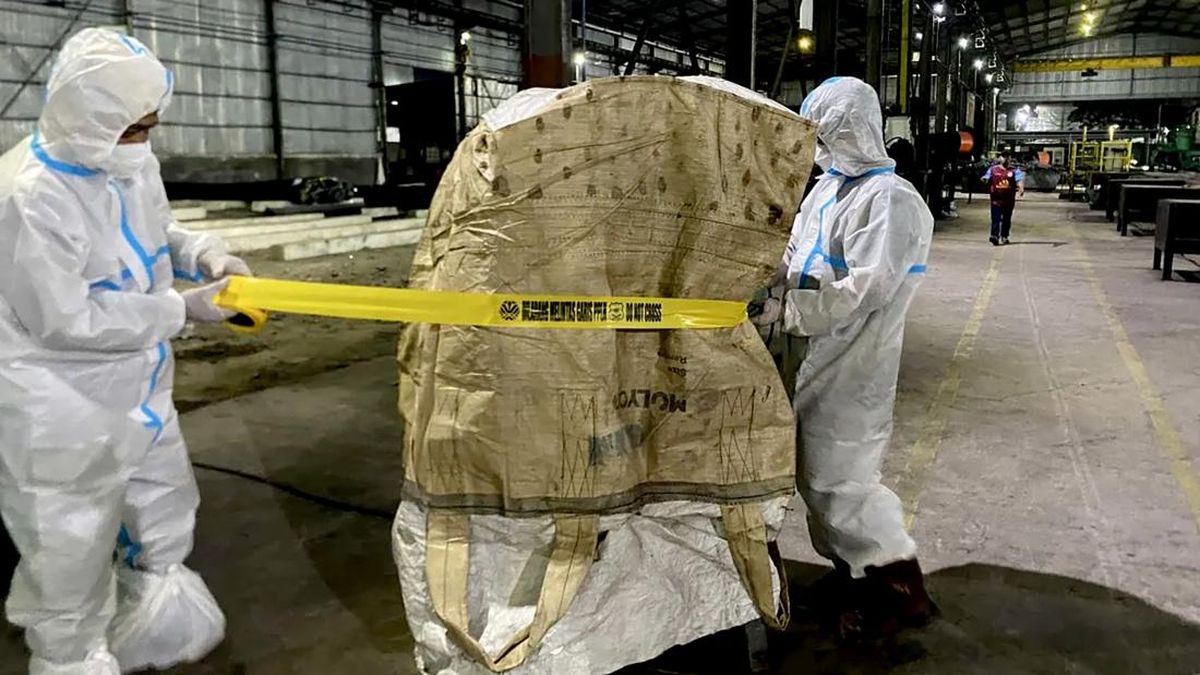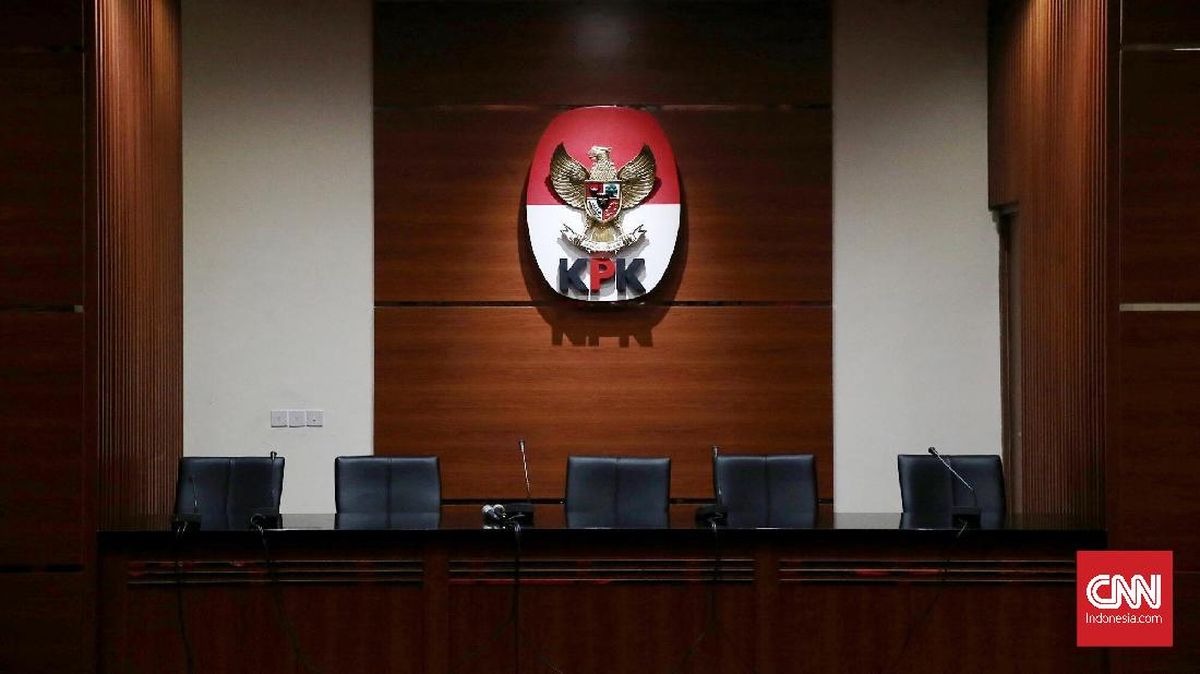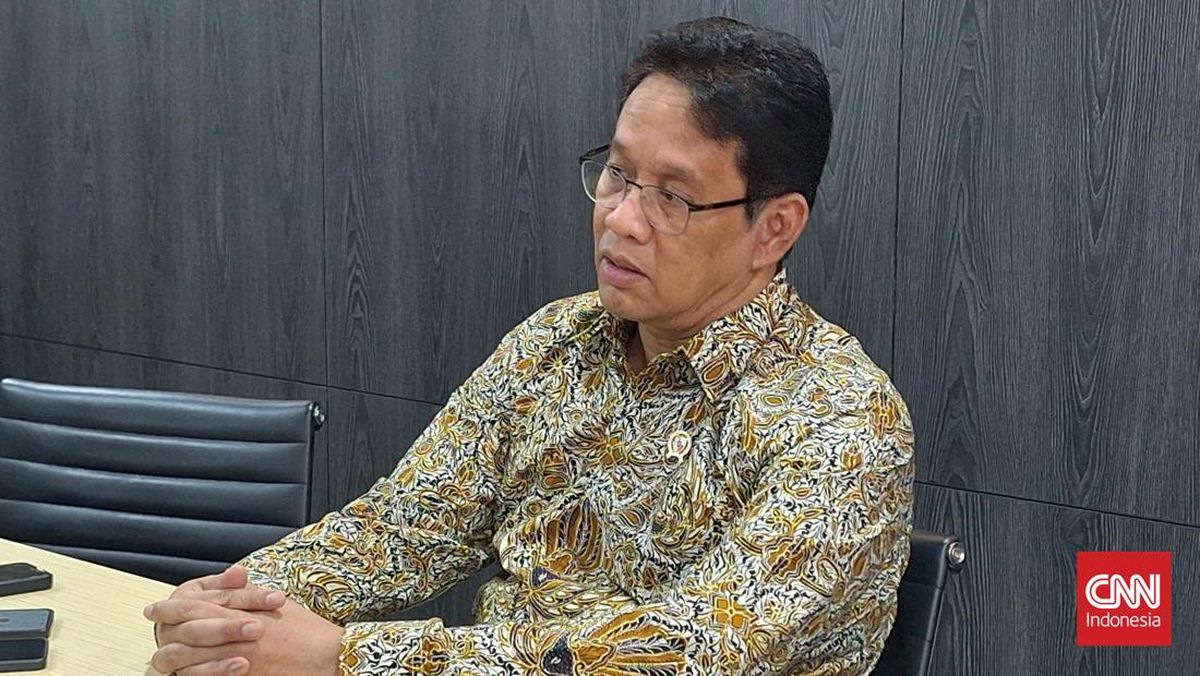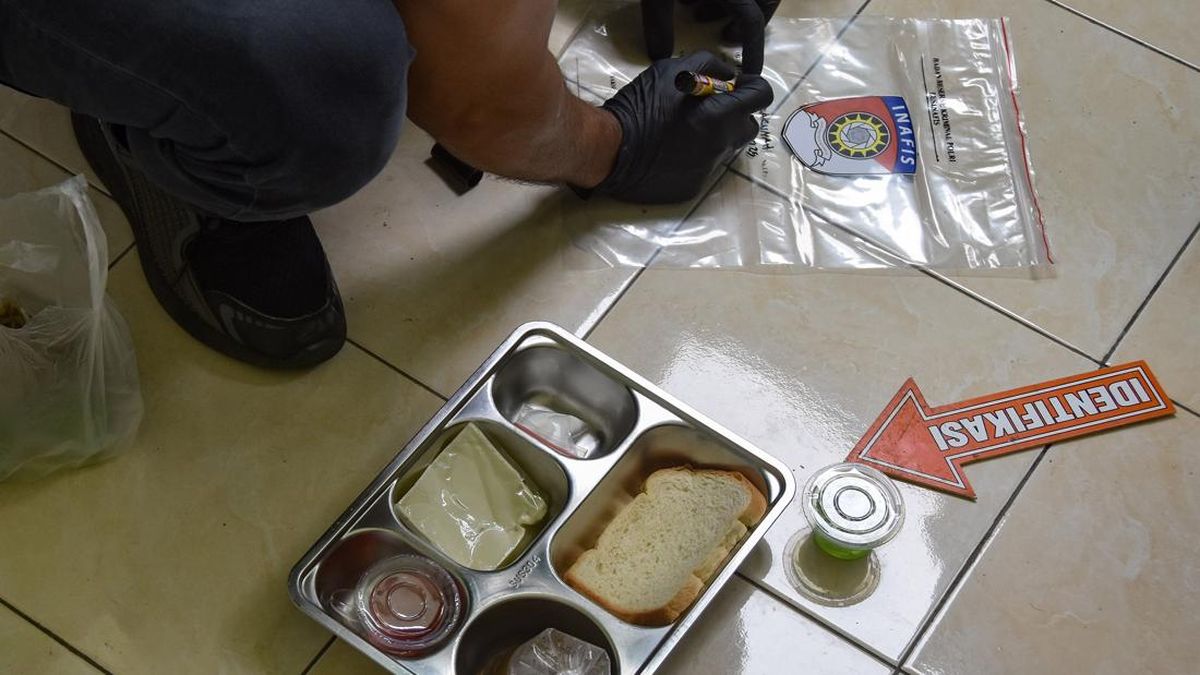Losses can be caused by all manner of issues. Poor trading conditions, paying interest on loans to an offshore parent company, unexpected expenditure or a blowout in costs.
Loading
Another reason for a company not paying tax is that they have legitimate deductions. Just as a working person claims expenses such as uniforms or union fees or the home office, big businesses can also reduce taxable income with deductions.
These deductions, however, can be huge. The amount spent by resource companies to build mines or processing plants reduces their taxable income.
Chevron Australia Holdings, in 2019-20, had a total income of $12.2 billion but didn’t pay any tax. This was a company that had spent tens of billions of dollars building its vast LNG projects off Western Australia.
But as those development costs washed through the tax system, Chevron’s tax bill increased.
So in 2021-22, on total income of $11.9 billion, it paid $115.6 million in tax. In 2022-23, income spiked to $24.2 billion and it paid $4.3 billion, becoming the fourth-largest corporate taxpayer in the country.
Revenues slid back to $19.4 billion in 2023-24 and it paid $3.5 billion in company tax. That $3.5 billion was almost 30 per cent (which is the company tax rate) of the $11.8 billion of taxable income it declared.
As much as people may be angry about LNG or greenhouse gas emissions or the environment or corporate tax collections, the tax system in this case is working as it should.

Treasurer Jim Chalmers’ plan to extract some extra Petroleum Resource Rent Tax out of the energy sector appears to be bearing fruit.Credit: Dominic Lorrimer
This year’s figures confirm the success of Treasurer Jim Chalmers’ plan to extract some extra Petroleum Resource Rent Tax out of the energy sector. The number of entities paying this tax increased from 11 to 16. If not for these extra firms, total tax collections would have slipped sharply due to the lower oil prices and production that occurred through 2023-24.
The tax office works very closely with the nation’s largest 100 companies – the ones that pay by far most corporate tax – to ensure they are doing what they’re supposed to do. By their own estimates, the tax office reckons the nation’s large firms pay up to 96 per cent of their tax obligations.
Its tax avoidance taskforce estimates it has secured an extra $37.6 billion since 2016.
But making sure companies pay their fair share of tax is not a set-and-forget arrangement.
The arrival of JBS Global Meat Holdings – the world’s largest meat producer – at the top of the list of companies paying no tax should be a warning signal to the ATO.
Selling almost $20 billion worth of sausages, steaks and bacon without declaring taxable income is unusual.
Loading
More importantly, this is a company that uses Luxembourg – a country more renowned for its tax haven status than prime beef – for much of its business operation.
Apple (along with the other tech giants) continues to pay little tax. It declared income of $12.4 billion but taxable income of just $529 million (on which it paid $153.7 million). Microsoft’s overall income of $8 billion eased to $538 million in taxable income on which it paid $161.7 million in tax.
If you were at Australia’s own tech champion, Atlassian, which reported $6.2 billion in income and paid $253 million in company tax, you could be forgiven for being a little peeved at the numbers.

















































